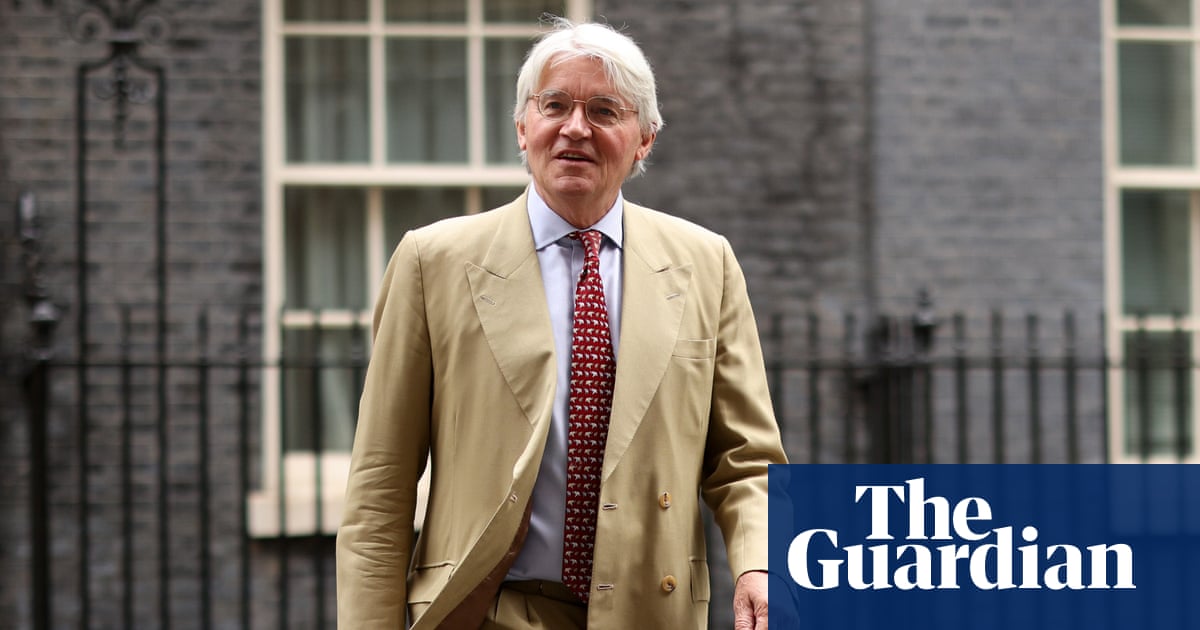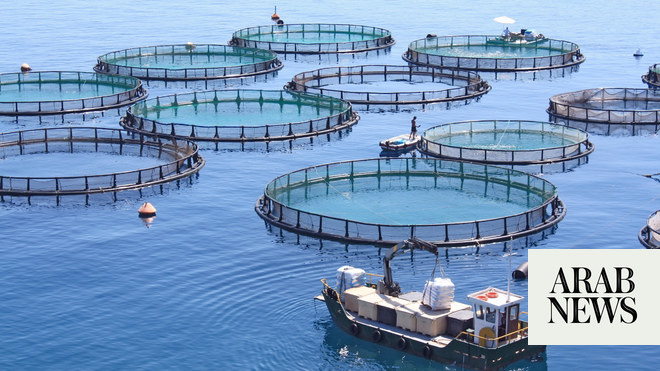
The international development minister, Andrew Mitchell, is taking the unusual step of trying to build explicit cross-party support for a white paper due to be published this autumn amid a string of critical global summits.
Announcing the initiative this week, he told the Guardian: “The white paper will be a parliamentary command paper by the government, but it does not work unless you have agreement across the political parties. After all, international development and British leadership on this is not a Labour or Tory thing. It’s a British thing.”
He said he had already consulted the shadow foreign and development teams, as well as the Labour chair of the international development select committee, Sarah Champion, and former Labour foreign ministers.
“This is intended as a through train – not just about the next year or so – and it has to be all-party. The white paper is designed to set out a roadmap until 2030. It will only work if it is seen as something that will survive the next election, regardless of the result.”
Mitchell, brought back into government in October despite his fierce criticism of government cuts to the aid budget, said the focus of the white paper will be climate finance and getting the UN sustainable development goals (SDGs) back on track to meet their 2030 deadline.
The paper, entitled “leading the charge against extreme poverty and climate change – a roadmap for reaching the global goals in a changing world”, is likely to be published around the time of a major food summit being convened by the UK in London in autumn. A summit to discuss progress towards meeting the SDGs will be held at UN headquarters in New York in September, and COP 28 will follow in Dubai in November.
“We need new solutions that can drive more resources, whether sweating the assets of the international financial institutions further, as the Bridgetown Initiative has called on us to do, or drawing in more private finance,” said Mitchell. “The white paper will consider how to use all the levers at our disposal, including special drawing rights, in government but also outside it.”
The minister, who wants to boost public support for an increased aid budget, has been trying to reassemble some of the UK’s development expertise, both inside and outside government, after it was scattered and demoralised by the merger of the Department for International Development with the Foreign and Commonwealth Office in 2020. He described the merger as “an ocean-going disaster, in his personal view”, but added that officials would be appalled if the merger were now undone. It was significant, he said, that Labour has not committed itself to undoing the merger.
The white paper would, in some measure, be an answer to the rising anger of the global south that sees the west pouring money into Ukraine while those countries fear their concerns – global finance, hunger and the climate crisis – are being neglected, Mitchell added.
He argued: “The most significant issue in the world is migration, because everyone has a mobile phone and everyone knows there’s a better life 100, 200, 500 miles away. If you don’t build safer, stronger, less conflict-ridden, more prosperous lives where they live, they’re going to move.
“The whole thrust of British development policy is to build safer and more prosperous states over there, so that people don’t have to come in boats to the UK, risking their lives.”












